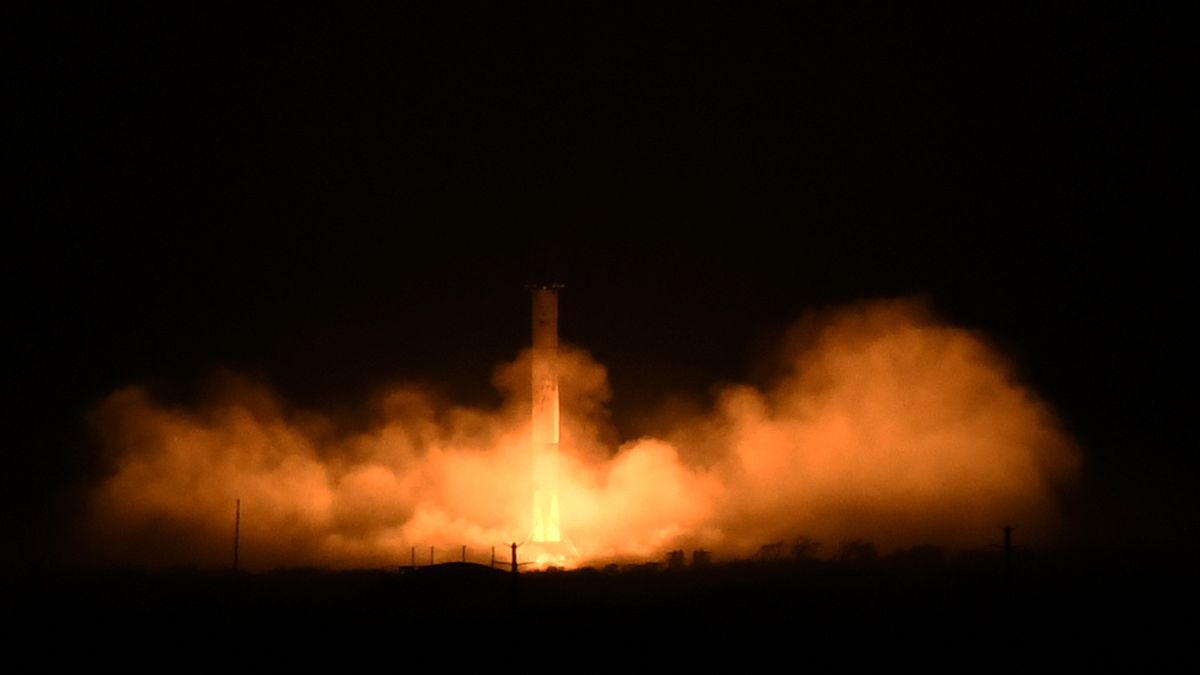The U.S. Federal Aviation Administration (FAA) grounded SpaceX’s Falcon 9 rocket on Wednesday (Aug 28), following a failed landing attempt that left the spacecraft toppled over in flames.
The reusable rocket booster had just completed its record-breaking 23rd mission, successfully launching 21 Starlink satellites into low Earth orbit before touching down on a drone ship in the Atlantic Ocean roughly nine minutes later, according to Live Science’s sister site Space.com. However, immediately upon landing, the rocket tipped over, bursting into flames.
No injuries or public property damage were reported in connection with the failed landing.
The FAA announced a pause on all Falcon 9 launches later that day, putting all planned missions on hold until the agency completes its investigation into the mishap. It’s not clear how long the investigation will take, but it has already impacted the planned launch of SpaceX’s Polaris Dawn mission, which was scheduled to take four private citizens into orbit for a five-day voyage, potentially as soon as Friday (Aug. 30). The mission was previously delayed twice, due to unfavorable weather conditions on Tuesday (Aug. 27) and Wednesday.
Related: Boeing Starliner astronauts will spend at least 240 days stuck in space — is that a new record?
The Aug. 28 mishap not only ended that particular Falcon 9 rocket’s record-breaking recovery streak but also cut short an even longer chain of successful SpaceX landings; before Wednesday’s incident, the company had aced 267 consecutive Falcon 9 or Falcon Heavy booster landings, according to Space.com.
This is the second time Falcon 9 was grounded this year. In July, the rocket’s upper stage malfunctioned in the middle of a Starlink launch, leading to the loss of 23 satellites. Though the rocket’s lower booster stage still managed to stick its landing, the FAA grounded Falcon 9 for 15 days following the incident.


